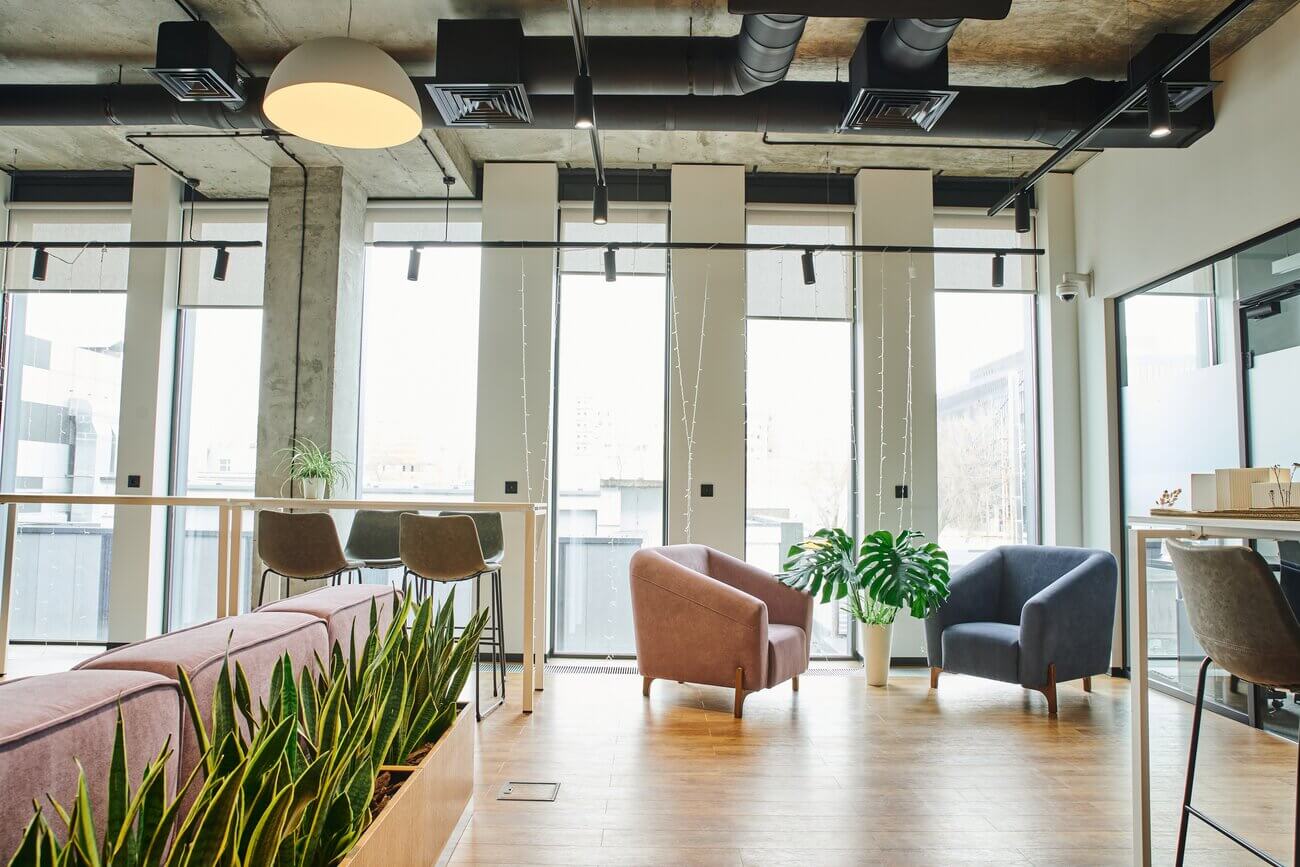
04 January 2024 - 3 min read
From technology to societal changes, environmental factors and upskilling, the workplace is no longer functioning the way it was twenty or thirty years ago.
In 2024, HR and business professionals alike feel that there will be more of the same emphasis on the above trends, with AI and skill-based hiring being of particular focus.
That said, it is important to remember that while these trends are still evolving, there are a few other important and developing trends to keep on your radar this year.
Let’s discuss.

One of the most significant changes we are set to see this year is the further use of AI and how it benefits factors such as employee support, productivity and more informed decision making.
McKinsey and Company describe Artificial Intelligence (AI) as a machine’s ability to perform the cognitive functions we usually associate with human minds. Between AI’s significant contributions to organisations and the subsequent workplace initiatives put in place, such as flexible working and updated employee benefits, we are seeing increased levels of employee support and engagement.
The future of work will also see increased use of biometric data and analysis of email conversations, which will identify and highlight the satisfaction levels of employees, which in turn, will also help the creation of tailored development and support plans.
Additionally, there has been further research into ethical AI development over the last year, in specific regards to AI governance, fairness, data privacy and transparency. Scientists believe AI to be extremely innovative, however, with innovation comes responsibility, in specific regards to bias and risk. Over time, we will see more of a balance between both.

With climate change, strain on resources and wildlife degradation, our commitment to sustainable living has never been more critical. Organisations now have dedicated Environmental, Social and Governance teams (ESG), that together work to create more ethical processes and better sustainable decision making in the workplace. This includes but is not limited to:
With the above practices expected of organisations currently, businesses cannot afford to fall short with over 64% of millennials confirming that they would not accept a job offer from an organisation that was not socially responsible or had a poor environmental record.

Recent research by of the working population will need to be reskilled by 2030, with labour and skill shortages being the top factors that CEOs predict will disrupt and influence their strategy. This inevitably means that transformation and development of digital skills will soon be vital across all workplaces, ensuring digital skills gaps are filled and that organisations are fully utilising the benefits of technology in the workplace.
The evolution of digital technologies is developing at lightning speed and businesses are expressing concerns, with 23% of employers admitting that their staff are lacking the essential digital skills needed to thrive in their roles.
This means there will also be an increase in cyber security practises in the workplace, with skills such as cyber defence and cyber threat training becoming non-negotiable. There will also be an increase in digital safety, digital awareness and in some cases, VR and biometrics training.

There has been a shift in the way that we work over the last five years, with approximately 44% of individuals either working at home or to a hybrid model. While this has had an invaluable impact on health and wellbeing, work-life balance and was a well-received update of outdated working patterns, hybrid working is said to be developed even further in 2024, with a focus on choice based hybrid working.
Hybrid working is said to still dominate when it comes to preference, productivity and general health and wellbeing of working professionals, however, it still poses a few challenges that are said to be straightened out as we aim towards redesigning working practices.
According to a recent survey on LinkedIn, there’s still a gap between what employees believe hybrid working is and what senior managers perceive it to be.
With evidence stating that employees feel as if they are being forced into the office on specific days, to half empty spaces and stagnant learning environments, choice-based hybrid working seems to be a key topic as we enter 2024.
With this, it is not hard to believe that 39% of workers say that they would quit their roles if they were asked to return to the office five days a week.

2024 is said to introduce a more decentralised workplace, making further room for flexibility, creativity and specialising. A decentralised workplace is when upper or senior management delegate decision making and daily operates to mid-level and low-level managers.
This allows top level leaders to focus more on business development, as well as areas of growth and development without the pressure of day to day managing.
Decentralised workplaces focus on giving both authority and responsibility to those working directly with stakeholders, clients and customers, as those working on the ground often have better relationships and are more in touch with business processes.
With Gen Z entering the workplace, full of an abundance of current and emerging skills and knowledge, a decentralised model allows a certain level of autonomy and freedom, giving both junior and mid-level managers career development opportunities.

Skill-based hiring has been a topic of conversation throughout 2023, with 39% of companies stating that they will increase their spend on skills-based hiring as we enter a new year.
With more of a focus on skills and experience, employers are hiring individuals that can contribute to projects and workload immediately, showcasing their abilities and real-life experiences as their most hireable factor.
In addition to this, a commitment to lifelong learning, or Continuous Professional Development (CPD) in the workplace is what keeps these skills sharp and relevant and in 2024, we will continue to see more of this.
Continuous professional development is described as the learning activities that professionals engage in, to both develop and enhance their abilities.
CPD favours refreshing existing knowledge, learning new skills and keeping up to date with the latest industry developments. As we see an increase in skills-based hiring, it makes sense that transferrable skills will require continuous enhancement.

In a recent article by Gartner, about what the workplace will look like in the next five to ten years, it is no surprise that purpose and passion were high on the agenda.
Gartner go on to discuss that individuals are consistently looking for ways in which they can contribute towards societal and environmental changes, creating impact in their roles and from much earlier on in their careers.
It’s no longer just millennials and Gen Z that are described as the more sustainably focused generations, as overall, many of us are committed to making a difference, working towards sustainable common goals and creating value.
As we move into 2024, companies will begin to focus even more on creating opportunities for purposeful impact in the workplace and will invest and transform their Employee Value Proposition (EVP) to build and drive employee engagement.
According to the 2024 Trends Report from Qualtrics, professionals will continue to evolve and advocate for better workplace experiences, which means in order to match these goals and expectations, organisations will have to continuously, step up.
As we look into the future, there’s a landscape of immense possibility and potential. Workplaces will adapt, technology advancements will further enable us to develop and thrive, and we will see evolving socio-economic trends take off.
If you’re looking to upskill or switch careers, speak to one of our expert advisers and gain a professional qualification with Acacia Learning today.